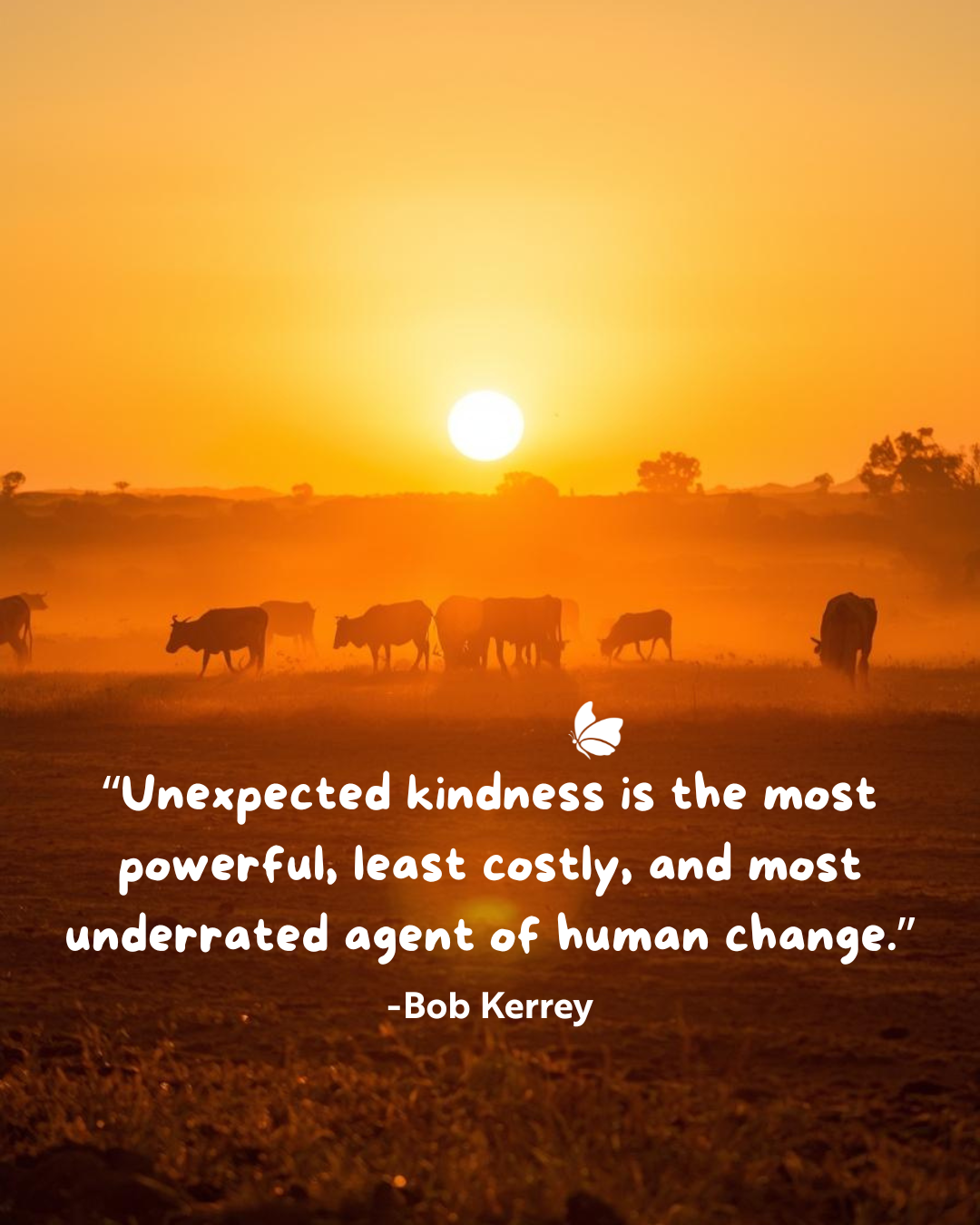
Kindness might seem like a small thing, but it has the power to change everything. In a world where bullying is still too common, helping kids understand empathy and compassion from a young age can make a big difference.
Teaching kindness doesn’t need to be complicated. It starts at home, in everyday moments, through the way we speak, listen, and care for one another.
Here are some simple ways to help kindness grow in your family.
1. Be the Example They Look Up To
Kids learn from what they see. When you treat others with care, respect, and patience, your kids will too.
Show them kindness in action, say thank you, lend a hand to a neighbour, check in on a friend who’s struggling, or simply smile at someone having a tough day.
And don’t forget to show kindness at home. Listen when your kids talk, give them hugs and encouragement, and praise their efforts. When you make them feel seen and valued, they learn to do the same for others.
2. Encourage Acts of Kindness
Kidness grows stronger when it's practice. Look for ways your family can give it a go, whether that's helping a friend, volunteering, or joining community events like Do It For Dolly Day.
Small gestures matter, sharing toys, writing a thank-you note, checking on someone who's left out.
You can help your kids ask themselves: "What's one kind thing I can do right now?"
Avoid scolding your kids when they make mistakes too (they're inevitable!)
Instead, when they do something kind, celebrate it! Say things like "That was really thoughtful, I'm proud of you."
This helps them connect their actions with the good feelings that come from helping others.
3. Talk About Kindness in Everyday Ways
Stories are a powerful way to help kids understand kindness. Chat about acts of kindness you see in the news or on TV, or share stories from your own life.
You can also make it playful, use role-playing or games to help your kids imagine how someone might feel given a situatuon.
Ask gentle questions like, "How do you think they feel when that happened?" or "What could make them feel better?"
These small coversations build empathy and help your child understand that their words and their actions can have a big impact.
4. Help Them Feel What Kindness Feels Like
By helping our kids see the value of kindness, we're giving them tools to stand up against bullying and build more caring communities.
No act is too small either! A kind word, a helping hand, or a simple smile can make someone's day feel a little brighter.
Encourage them to say “thank you” and notice when others are kind, it helps them build a habit of gratitude.
Real change begins when we raise our kids to choose kindness.




